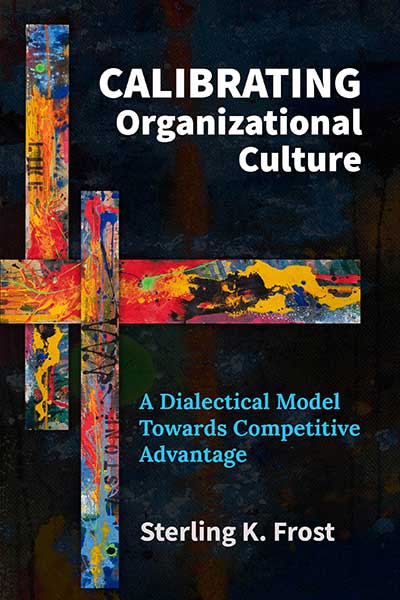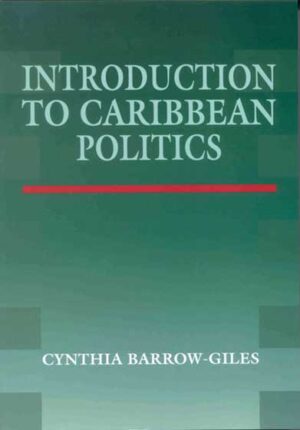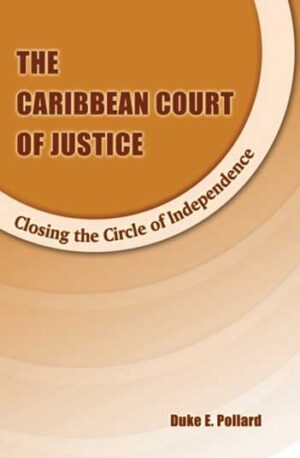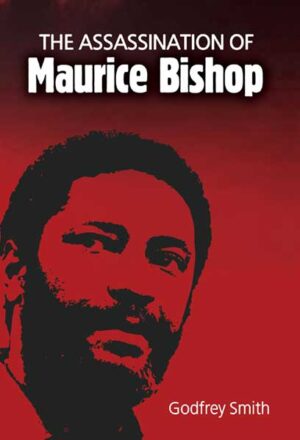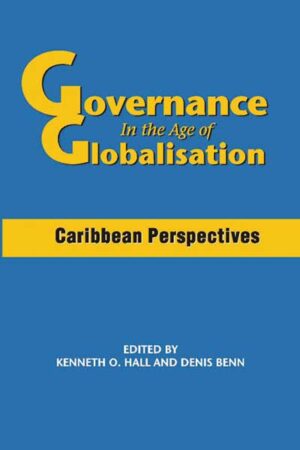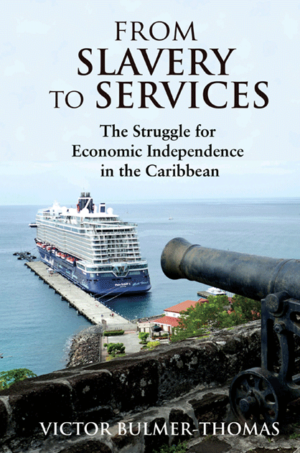Description
Contemporary challenges of labour and the digital economy have forced a further reckoning between science and art in order to ensure the staying power and success of firms and institutions as the twenty-first century progresses. This requires leveraging strategic performance management systems, culture research, and expert intuition, to create a conceptual model for calibrating an organizational culture that will optimize organizational performance.
Using original data and structured interviews with senior executives from the Caribbean banking sector, the author provides an in-depth case study approach that is accessible to a wide range of readers. State-of-the-art concepts and theories pertaining to organizational culture, systems thinking, and knowledge management are examined and deconstructed alongside and integrated with case study findings on relationships among organisational culture, knowledge sharing, and organizational performance. The outcomes of this analysis establish that these variables and others can be amenable to quantitative measurement and realignment, in order to realize strategic goals.
While providing fundamental empirical insights into how knowledge sharing and culture affect different aspects of performance, this book also demonstrates how organizational tensions can be leveraged for benefits to a firm. In doing so, it extends the field of organizational development to fit the hefty demands of doing business in the Fifth Industrial Revolution.
About Author
Dr Sterling Frost, Professor of Practice – Management Studies, is a Senior International Management Executive with a global mindset who has successfully blended academia with the corporate sector over the last four decades. Currently, the Group Deputy Chief Executive Officer Operations and Administration of the First Citizens Financial Services Group headquartered in Trinidad and Tobago, he has held senior positions in the financial services sector across North America, Latin and Central America, and the Caribbean, and he has a proven track record of achievement in leading organizations in areas encompassing Organizational Transformation and Culture Change, Knowledge Management, Human Resource Management, Organizational and Leadership Development, Strategic Workforce Planning, Operations and Process Improvement.
Frost has a Master’s degree and a Doctorate in Business Administration from The University of the West Indies (The UWI). He retains the designation of Accredited Director from the Chartered Governance Institute of Canada. He is also a University of California, Berkeley certified Executive Coach and a Prosci certified Change Practitioner.
In February 2019, he was the first person in the history of The UWI to be appointed Professor of Practice – Management Studies at the St Augustine Campus, in recognition of his professional competence, distinguished practice, notable teaching and service contributions. He is the recipient of The UWI Inaugural Distinguished Alumni Award conferred in 2011 on high-performing individuals who consistently operate at world-class levels. In 2021, the Institute of Banking and Finance of Trinidad and Tobago in its thirty-one-year history of granting Fellowship Awards, honoured Professor Frost as the first person to be conferred a Fellowship Award in the category of: Substantial Contribution towards the Advancement of Knowledge of the Theory of Banking and Finance.
Professor Frost has consistently been committed to the transfer of knowledge and strategies for change that builds efficiencies across several sectors through his teaching contributions at The UWI since 2000. He is First Examiner and Adjunct Professor at The UWI – The Arthur Lok Jack Global School of Business, the Department of Management Studies, and the Department of Political Science, Faculty of Social Sciences, for several courses in both undergraduate and postgraduate programmes. He specializes in the areas of Organizational Behaviour and Development, Human Resource Management, Cross-Cultural Management, Strategic Planning, Strategic Leadership, Strategic Performance Management and Change Management.
He is committed to advancing optimal national and regional development through his contribution to various corporate, government, academic, and civil society organizations as reflected in his past and current chairmanship/directorship across Trinidad and Tobago, Barbados, St Lucia, Panama, Nicaragua, and Honduras.
Contents
List of Figures
List of Tables
Foreword
Introduction: The Strategic Management Context
- The Search for Levers and Research Conceptualization
Competitive Advantage in Banking
Systems Thinking and Organizational Entropy
Knowledge as a Key Economic Resource
Research Conceptualization
Organizational Culture, Knowledge Sharing, and
Organizational Performance
- Theoretical Constructs
The Constructs – Organizational Culture, Knowledge Sharing,
and Organizational Performance
Relationships amongst the Constructs
Hypotheses and Propositions for Calibrating Organizational
Culture and Organizational Performance
- A Practical Model of the Constructs and Appropriate
Methodology in the Banking Environment
Methodology – Mixed Approach: Quantitative and Qualitative
Instruments Used and Sample Sizes
Data Analysis
Methodological Rigour
Summary and Conclusion
- Empirical Findings
Introduction
Characteristics of the Samples
Competing Values Framework Culture Type
SECI Questionnaire
Final Extraction
Relationships and Path Analysis
Interview Findings
- Critical Systemic Drivers of Organizational Performance
of the Case Study RNB
Relationships and Effects
Research Hypotheses, Proposition, and Limitations: Support or
Refute
Triangulation and Embedding of Interviews
Limitations
- Application of the Findings: A Science and An Art
Initial Proposition Supported by Findings
Implications for Organizational Strategy
A Meta-Model for Calibrating Culture
A Blueprint for Competitive Advantage
Appendix 1 – Interview Questions
Appendix 2 – Path Diagrams and AMOS Output
References
Index

